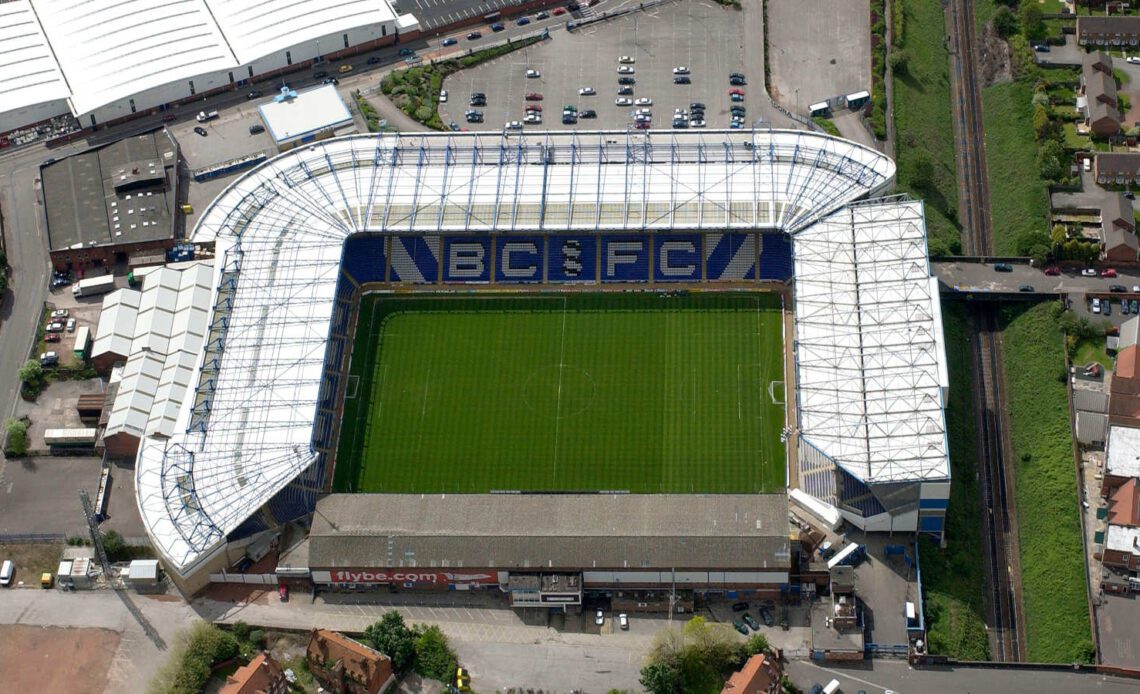Reports of polio in London call to mind how the death of a Birmingham City player in 1959 helped persuade people to get vaccinated against it.
The news that all children aged one to nine living in Greater London will be offered a polio vaccine after the virus was detected in sewage will come as a shock to many. Polio is a disease that had been considered effectively eradicated, and its return is another unpleasant health surprise following on from the Covid-19 pandemic and recent concerning reports about the spread of monkeypox.
For some, its return is a reminder of a bygone age. Polio is a horrible disease. One in 200 infections leads to irreversible paralysis, and among those who end up in this condition, between 5% and 10% die when their breathing muscles become immobilised.
It was prevalent in this country until the end of the 1950s, when the death of a professional footballer from the disease ended up having far-reaching consequences for the health of all of us.
By the start of the 1958/59 season, Birmingham City full-back Jeff Hall was 28 years old and had already been with the club for almost nine years, having first been spotted the chief scout while playing during his national service.
After making his debut for the club in 1951, he became a first-team regular two years later and was part of the team that finished the 1955/56 season in sixth place in the First Division – still a club record – and reached the FA Cup final for the second, and to date last, time. He also made 17 appearances for England.
The night before a First Division match at Portsmouth on March 21, 1959, Hall complained of having difficulty swallowing. There was nothing notably poor about his performance the following day and it was only after the match, when he appeared looking (according to journalist Dennis Shaw in his 2014 autobiography A Game of Three Halves) ‘looking terrible, pale-faced, watery-eyed, exhausted’.
Hall asked if he could return to the West Midlands in a car rather than the team coach because he considered the latter would take longer.
Hall was coach to a Birmingham youth team that was due to play in a televised five-a-side tournament the following day and was keen to get back to support them. Those who saw him at the tournament confirmed that he looked fine to them, but this state of affairs didn’t last. The following day, he was rushed to hospital and immediately diagnosed with polio.
Players from both Birmingham and Portsmouth were put…
Click Here to Read the Full Original Article at Football365…

